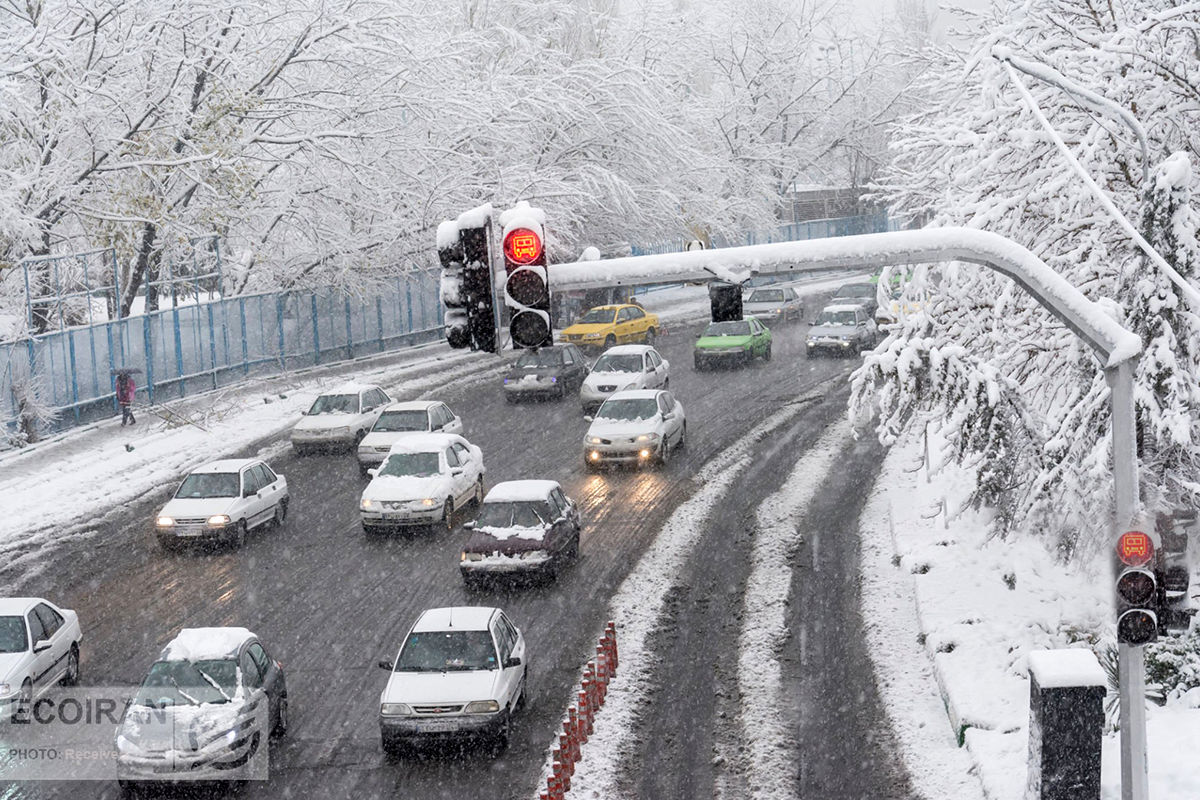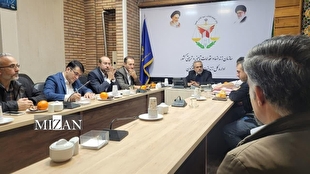Israel to seize 180 hectares near Bronze Age heritage site in West Bank
Israel to seize 180 hectares near Bronze Age heritage site in West Bank

Israel plans to seize 180 hectares (1800 dunams) of privately owned land in the occupied West Bank, claiming it wants to “develop an archaeological site.”
Haaretz reported on Thursday that the targeted area sits near the town of Sebastia, north of Nablus. It contains tens of thousands of olive trees.
The order covers land in Sebastia and the neighbouring village of Burqa.
Local officials say it is the largest confiscation for archaeological purposes since 1967. The site in Sebastia dates back to the Bronze Age, around 3200 BCE.
Israel argues the area is linked to the biblical city of Samaria, tied to the ancient Kingdom of Israel.
Palestinians say the move is part of a wider policy to “Judaise” Palestinian heritage and justify land grabs.
Sebastia’s mayor, Muhammad Azem, told Middle East Eye that Israel aims to connect the archaeological site to the nearby Shavei Shomron settlement, built on land belonging to several Palestinian towns.
Israel has also announced plans to confiscate more land from Burqa to build a settler road leading to the settlement, Azem said.
He warned that the decision is meant to take control of one of Palestine’s largest archaeological sites and block Palestinians from using their own land.
“The lands are privately owned,” he said.
“The economic and security impact will be severe. The area is close to people’s homes, putting residents in constant contact with the army and settlers.”
Local tourism is expected to be negatively affected. Palestinians will lose access to the site, and foreign visitors will only be able to enter through Israel.
Sebastia would earn none of the revenue and could face economic paralysis as the site is its main attraction.
Azem added that Israel carried out a year of excavations, reaching deep archaeological layers. He said Israeli authorities also moved a mobile archaeological unit from Sebastia to the Shavei Shomron settlement.
“This confirmed our belief that Israel intends to confiscate and seize the area,” Azem explained.
Pretext for control
In May 2023, the Israeli government allocated 30 million shekels (about $9m) for excavations and development in Sebastia.
At the same time, it began restoring the town’s old train station - the site where settlement activity in the area first began in 1974, when settlers barricaded themselves there to demand a new settlement.
The plans also include a new road leading to the archaeological site, designed to bypass the Palestinian village entirely.
'Israel is using antiquities as an excuse to annex and Judaise more land. It is a systematic policy'
- Dirgham Fares, Palestinian expert
Peace Now said Israel is continuing to violate Palestinian rights by seizing thousands of dunams in breach of international law and expanding its presence in the northern West Bank, where only a few thousand settlers live alongside more than a million Palestinians.
“Sebastia is a heritage site inside a Palestinian village and part of the future Palestinian state,” the group said.
“Israeli greed harms not only the landowners, but also the prospects of reaching a solution that respects both peoples, their rights, and their heritage.”
Dirgham Fares, director of the Palestinian Authority’s tourism and antiquities department in Nablus, said Israel is carrying out continuous excavations at archaeological sites across the West Bank - another violation of international law.
He said Israel is using antiquities as a pretext to seize more land and “Judaise” it.
The newly marked boundaries, he added, include hundreds of dunams far outside the 63 archaeological sites recently declared by Israel.
“There are no archaeological remains in many of the areas marked for confiscation,” he told MEE.
“Israel is using antiquities as an excuse to annex and Judaise more land. It is a systematic policy.”
Fares said Israeli authorities are also restricting the work of Palestinian tourism and antiquities ministry staff.
Several employees have been detained and interrogated, and Israeli forces have repeatedly disrupted restoration and excavation work in Sebastia - even in areas designated as Area B under the Oslo Accords.
“The Israeli army stole Roman sarcophagi from a site where they had stopped us from working without reason,” he said.
“They also prevented us from cleaning another site. The harassment is constant - against residents, landowners, and staff - to block any Palestinian development in the area under the pretext that it falls within Area C.”










